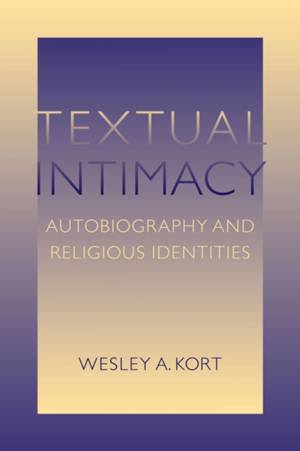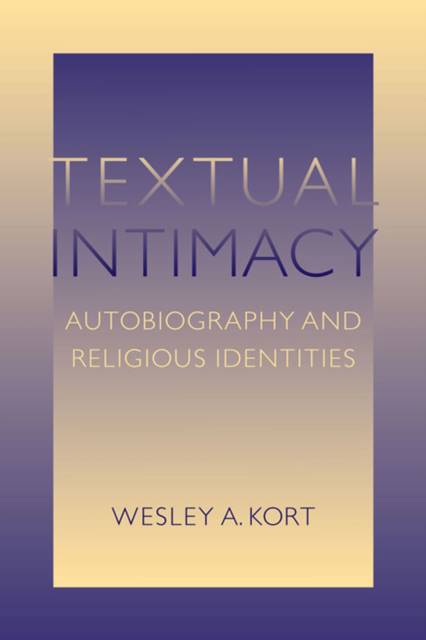
- Retrait gratuit dans votre magasin Club
- 7.000.000 titres dans notre catalogue
- Payer en toute sécurité
- Toujours un magasin près de chez vous
- Retrait gratuit dans votre magasin Club
- 7.000.0000 titres dans notre catalogue
- Payer en toute sécurité
- Toujours un magasin près de chez vous
Description
Given its affinity with questions of identity, autobiography offers a way into the interior space between author and reader, especially when writers define themselves in terms of religion. In his exploration of this "textual intimacy," Wesley Kort begins with a theorization of what it means to say who one is and how one's self-account as a religious person stands in relation to other forms of self-identification. He then provides a critical analysis of autobiographical texts by nine contemporary American writers--including Maya Angelou, Philip Roth, and Anne Lamott--who give religion a positive place in their accounts of who they are. Finally, in disclosing his own religious identity, Kort concludes with a meditation on several meanings of the word assumption.
Spécifications
Parties prenantes
- Auteur(s) :
- Editeur:
Contenu
- Nombre de pages :
- 264
- Langue:
- Anglais
- Collection :
Caractéristiques
- EAN:
- 9780813932774
- Date de parution :
- 23-05-12
- Format:
- Livre broché
- Format numérique:
- Trade paperback (VS)
- Dimensions :
- 155 mm x 231 mm
- Poids :
- 353 g

Les avis
Nous publions uniquement les avis qui respectent les conditions requises. Consultez nos conditions pour les avis.






